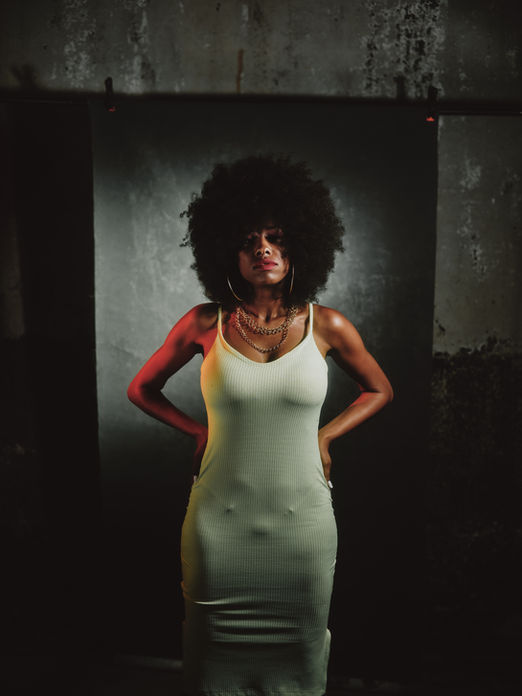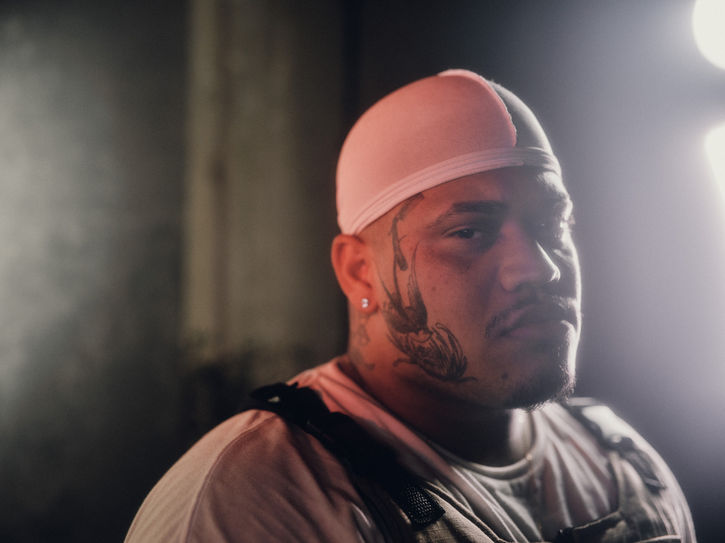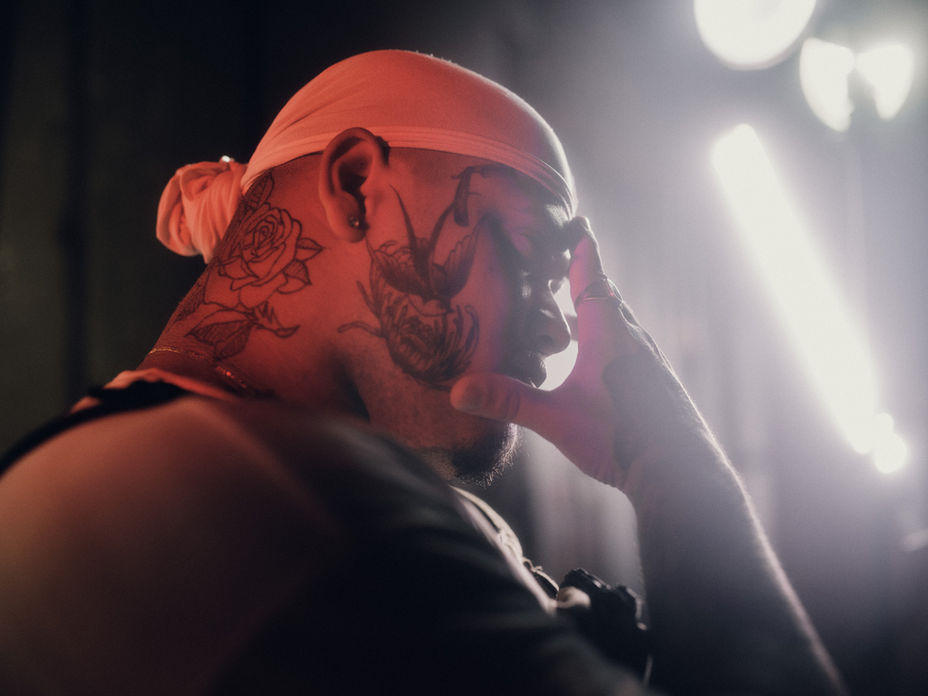"Barbeiro da favela" means "favela's barber", and is the pseudonym of Mateus Kalil, a barber from Ceilândia's outskirts, on the surroundings of Brasília, capital of Brazil.
The barbershop that Mateus created became a hub that connects local youth through dance, fashion, music, and of course, hair.
A space for connection with ancestry, blackness, and especially freedom.
"Barbeiro da favela" reminds us that afro styles are still discriminated against, prohibited, or criticized, and being able to express self-identity through hair can be a subversive act in a society that still carries racism in its guts.
Expressing themselves using art is the most powerful way to recover the power of their narratives in a contemporary decolonial expression.
"Barbeiro da favela" means "favela's barber", and is the pseudonym of Mateus Kalil, a barber from Ceilândia's outskirts, on the surroundings of Brasília, capital of Brazil. The barbershop that Mateus created became a hub that connects local youth through dance, fashion, music, and with their ancestry and blackness. "Barbeiro da favela" reminds us that afro styles are still discriminated and being able to express self-identity through hair can be a subversive act in a racist society.
















